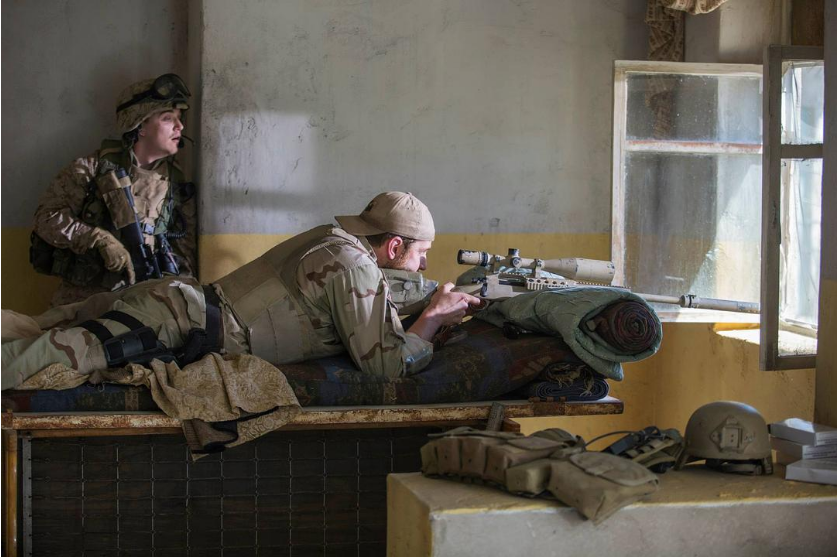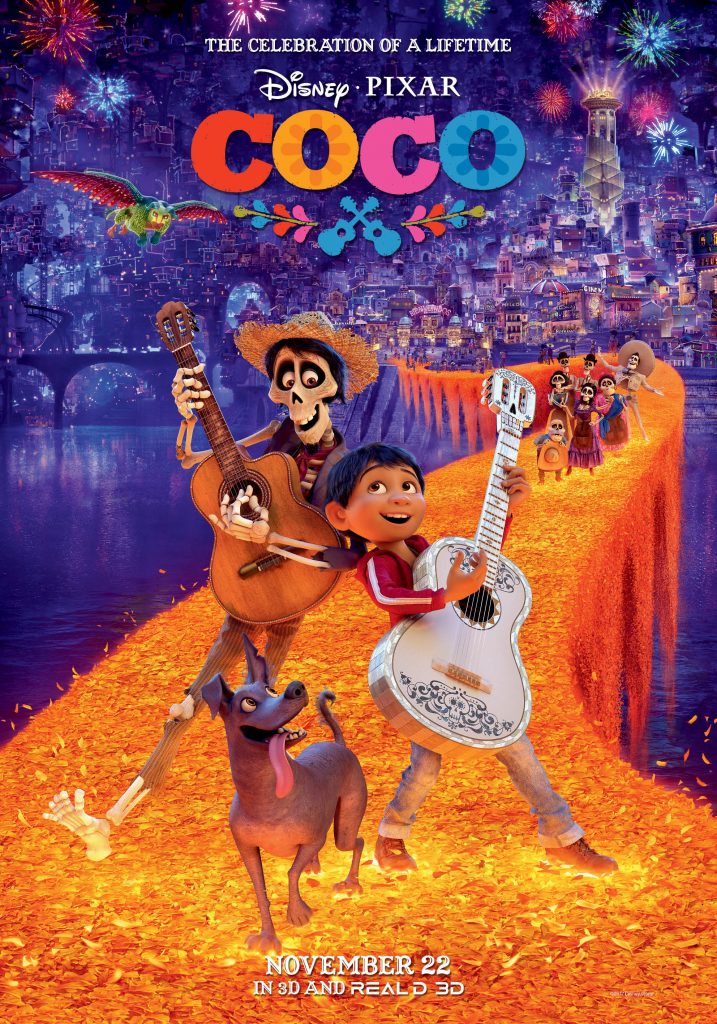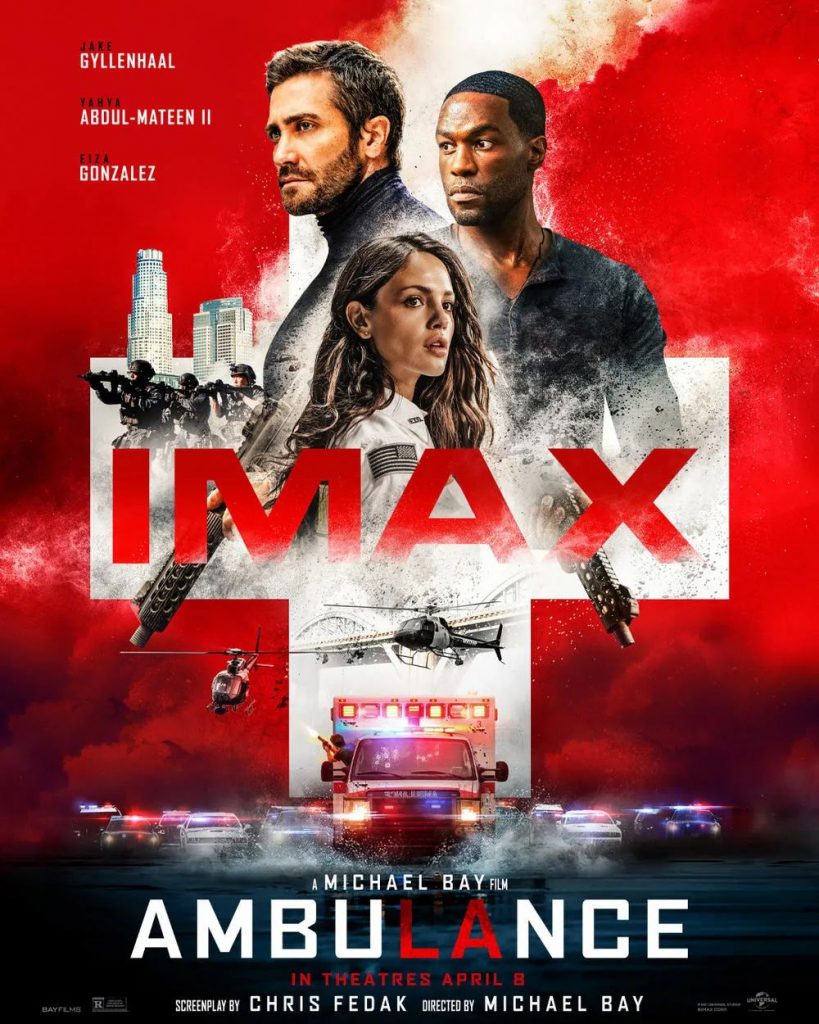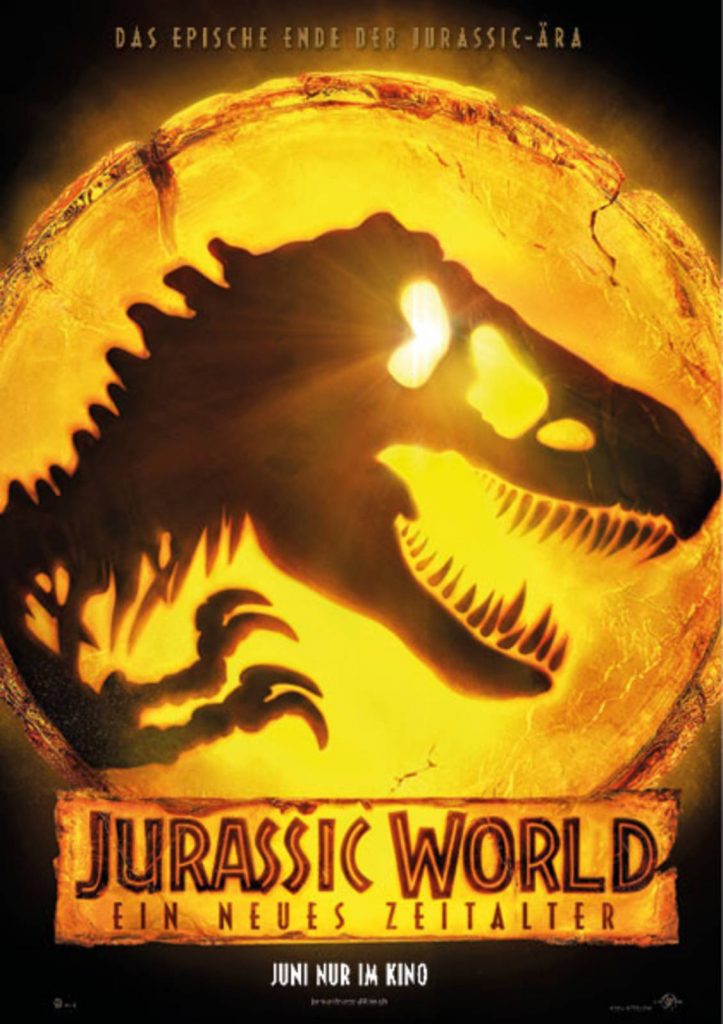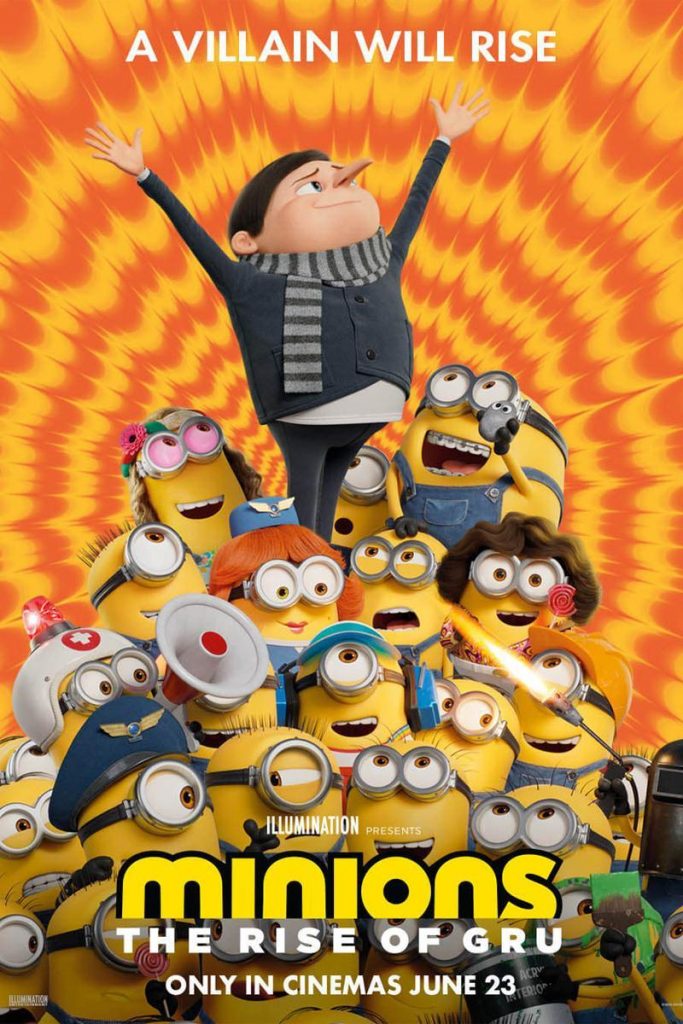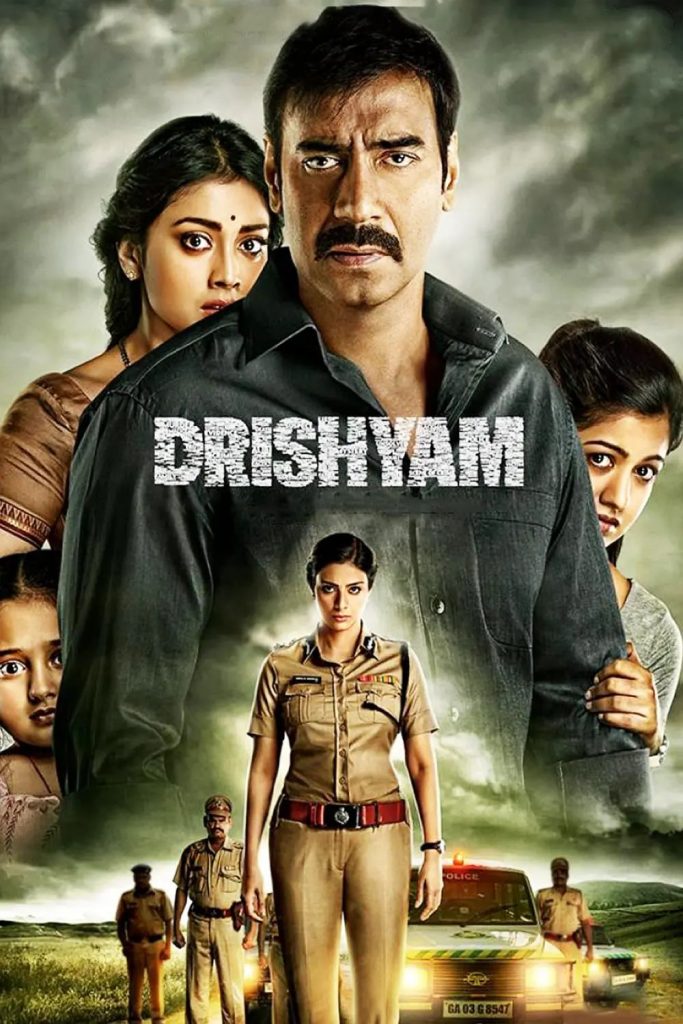Bradley Cooper was at the premiere when the phone rang. Cooper was at the premiere, probably thinking of talking to Chris again, for longer than the last two-minute call, and preferably in person, to hear his Texas accent. Jason Hall had just finished the script and had only shown it to the producers the previous day. The two phone calls delivered the same sad news: on 2 February 2013, Chris Kyle was shot and killed. Chris Kyle had been shot and killed.
Chris’s life was a tragic reincarnation, in the controversial words of presidential candidate Ron Paul: “Born under a gun, died by a gun.” Rumour had it that he had killed an enemy at 2,100 yards (nearly 2km) in one hit, and those in the know asked a CIA official for confirmation, who laughed, “I can’t count five people like that in the world.” It wasn’t long before he called back with a serious tone, “He’s one of them.”
Chris, of course, loves guns, the honour they bestow and the patriotic sentiments they express. The public is always happy to see heroes who are clear and easy to interpret, like Chris, who when asked if he ever regretted a killing had to answer categorically “I only regret that I didn’t take out the enemy before he hurt my children referring to the American people.” Those who met him said that Chris loved to portray himself as a big Texan, making jokes and pranks, his rough hands hurting and his face unchanged when he tilted his neck to pour a drink. When he returned home, Chris didn’t say a word about the battle, and denied that he had PTSD, and did everything he could to return to a normal life.
But what was perfect from a distance was always flawed up close. “You could still see the turmoil of the war in his eyes”, says Hall, and his retirement from the army in 2009 was a glorious success in the eyes of outsiders, but in reality it was a desperate attempt to return home and save his marriage from the brink. The irony of his death is that it was a joke of God’s that the murderer was a veteran with PTSD. Not maybe, but certainly, war has never been far from Chris’s life, like the veteran who was training in his shooting class and then drew his gun on him without warning, or Rambo in [First Blood], who has seen everything that has happened, and whose feelings can only linger in his heart but are hard to find the opportunity to talk about. The publication of his memoirs may be his first attempt, but hopefully, [American Sniper] will be his second.
However, the immediate question for the film was whether to end the story on screen with the gun, or to leave it off-screen? The cast are secretive about how the script was revised, but “wife” Sienna Miller is certain that “the hardships of ‘life’ are always the focus”.
“I keep picking up Spielberg’s leftovers.” Clint Eastwood’s “rant” about the fact that Spielberg had given up halfway through [American Sniper] and passed it on to him. Letters from Iwo Jima” and “Flags of Our Fathers” in 2006 were Spielberg’s picks, as the two men had similar tastes in subject matter and were valued by the Hollywood mainstream for their ability to promote traditional values of moderation and peace, and for their ability to tell emotionally charged stories. They are also equally valued by the Hollywood mainstream for their ability to convey the traditional values of moderation and calmness, and for their ability to tell emotions in a heartfelt way. Losing the old S and welcoming the old cowboy was not a bad deal in [American Sniper], says Scott McEwan, a friend of Chris and co-author of the memoir, “Spielberg is a big player, Eastwood is a legend”.
Fifty years ago, it was the old cowboys themselves who held the guns. Only the old cowboy, with his hair on his temples, has taken the testosterone off the stage and brought it into his directorial work, even reviving a declining Western with [Unforgiven]. The old cowboy’s perspective is always masculine and male, with a manly, stoic sadness. [American Sniper] is still a man’s lonely journey, and to put it in perspective, Hall says, “Clint understands men best, understands the sacrifice and the price the character has to pay.
Cowboy’s treatment is a pleasing one The beginning and end nature of the war is reduced to the background, with Iraq becoming Chris’s personal internal battleground. The logic of good and evil can be as simple as his father telling young Chris that there are three kinds of men in the world: wolves, sheep and shepherds, and that those who choose to shepherd the sheep will be the patron saints of the weak in the form of the strong; the borderline between good and evil is not always distinguishable with the naked eye, the one in the scope may be a displaced mother and son, or the one wrapped in a grenade under the mother’s hood. This was the plight of Chris when he first pulled the trigger, and the eternal plight of his ten-year career in the field: every mistake meant not only a court martial, but the eternal death of his spirit. The heroism deconstructed by [Flags of Our Fathers] is now transformed into an unadulterated awe of heroes, a painful take on the idea of heaven and hell that should have been worthy of our awe.
[American Sniper] is a 134-minute distillation of Chris’s ten-year journey to Iraq, a country in ruins, a country far from home, and a wife and child on shaky ground. Chris welcomes the birth of his son in between missions, but is unable to watch over him as much as he watches over his comrades, having spent only a few months with his family in the past decade. His wife, Taya, looks forward to his return, but cannot help crying to her husband, who is always preoccupied and silent: “You’re home, but your heart is not here.” The weight of “family” in the eyes of an American is as heavy as it is in the eyes of the old cowboy. Francisco looks at Robert’s open car door but does not move forward for what? The distance between the heart and the garden is barren, but the distance between Iraq and Texas is more distant.
